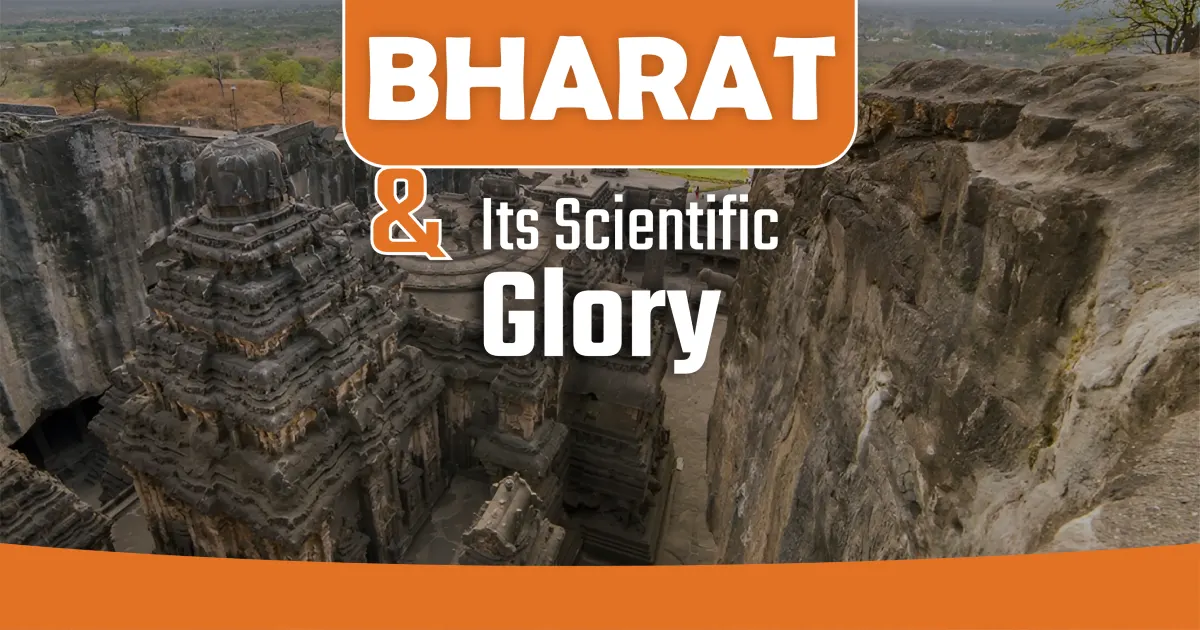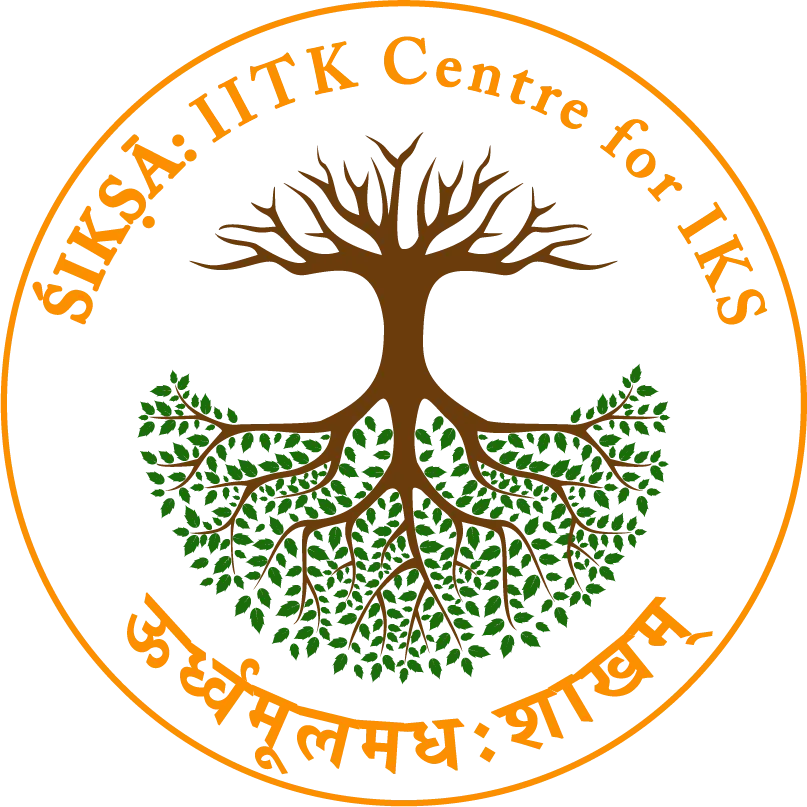
The Youth Unity Foundation, in collaboration with the ŚIKṢĀ Centre for Indian Knowledge Systems at IIT Kanpur and Bṛhat as Knowledge Partners, proudly presents the Bharat and its Scientific Glory Competition. This initiative is an endeavor to revive and celebrate India’s rich and diverse scientific legacy, inspiring today’s youth to engage deeply with the profound wisdom embedded in our ancient texts and traditions.
This competition aims to recognize Bhārata's unparalleled contributions to science, technology, and multidisciplinary knowledge systems. It also fosters innovative solutions rooted in Indian Knowledge Systems (IKS) while promoting research and discourse to bridge the ancient and modern realms of knowledge.


India’s scientific traditions are rooted in pragmatism, holistic integration, and the pursuit of truth. Ancient scholars emphasized meticulous observation of nature to uncover universal principles, rather than relying on abstract theoretical models. The Gaṇitasārasaṅgraha articulates the broad applications of mathematical sciences, noting:
लौकिके वैदिके वापि तथा सामयिकेऽपि यः।
व्यापारस्तत्र सर्वत्र संख्यानमुपयुज्यते॥
कामतन्त्रेऽर्थशास्त्रे च गान्धर्वे नाटकेऽपि वा।
सूपशास्त्रे तथा वैद्ये वास्तुविद्यादिवस्तुसु॥
"In all domains—earthly, Vedic, and even meditative pursuits—the science of numbers is utilized, be it in the fields of statecraft, music, drama, medicine, architecture, or culinary arts."
This ancient holistic view of knowledge transcends modern disciplinary boundaries and offers solutions to contemporary challenges by recognizing the unity of vidyā (knowledge) and kalā (skills).
Unlike Western traditions shaped by Empiricism, Positivism, and Reductionism, Bhāratīya science integrates experiential reality as Sat (Truth), Cit (Consciousness), and Ānanda (Bliss), celebrating the unity underlying all disciplines. This multidisciplinary approach bridges parā vidyā (spiritual knowledge) and aparā vidyā (material sciences), emphasizing their shared source and purpose.
Competition Structure and Flow
1. Preliminary Round
- Participants will submit presentations exploring India's contributions to science and technology.
- Submissions will be evaluated by experts from the ŚIKṢĀ Centre for Indian Knowledge Systems at IIT Kanpur, renowned for its pioneering research and commitment to reviving India's scientific and cultural heritage.
- The top 30 submissions will qualify for the final round.
2. Final Round
- Shortlisted participants will present their research to an eminent jury panel comprising experts from the ŚIKṢĀ Centre for Indian Knowledge Systems at IIT Kanpur, Bṛhat, and other distinguished academicians.
- Presentations will be evaluated based on originality, depth of research, and mastery of the subject matter.
3. Themes for Competition
- Pramāṇa Vijñāna (Vedic Philosophical and Cognitive Sciences)
- Khagola Vijñāna (Astronomy)
- Gaṇita (Mathematics)
- Rasa Śāstra (Chemistry) and Dhātu Vijñāna (Metallurgy)
- Vāstukalā (Architecture) and Śilpaśāstra (Sculpture)
- Kṛṣi Vijñāna (Agriculture)
- Yantra Vidyā (Mechanical Sciences)
- Āyurveda (Medicine)
- Paryāvaran Śāstra (Environment and Ecology)
- Yuddha Vidyā (Military Sciences)
4. Submission Template
Participants are required to organize their ideas using the following structure:
1. Sources and Texts: Introduce foundational manuscripts and primary sources that preserve India’s scientific and technological heritage. Examples include texts like the Āryabhaṭīya, Caraka Saṃhitā, and the Suśruta Saṃhitā.
2. Cogent Statement of Knowledge and Ideas: Present the knowledge derived from IKS clearly and simplify complex concepts for accessibility to diverse audiences.
3. Schools and Thinkers: Highlight schools of thought and scholars. Provide critical insights into their contributions and relevance to modern contexts.
4. Applications and the Way Forward: Propose practical methods to integrate IKS with contemporary practices, highlighting new research methodologies, teaching approaches, and innovative projects.
5. Example
The concept of tridoṣas in Āyurveda:
1. Sources and Texts: Classical Āyurvedic texts such as the Caraka Saṃhitā and Suśruta Saṃhitā describe Vāta, Pitta, and Kapha as energies governing the body.
2. Cogent Statement of Knowledge and Ideas: Explain how balance among these doṣas promotes health and well-being.
3. Schools and Thinkers: Contributions of Caraka and Suśruta in shaping Āyurveda’s understanding of health.
4. Applications and the Way Forward: Integrate Āyurvedic principles with modern healthcare to develop holistic wellness solutions.
Important Dates
- Submission Deadline: 3rd April 2025
- Final Stage Presentation of Top 30: 12th April 2025
Prizes and Recognition
To honor participants' efforts and contributions, the competition offers:
- 1st Prize: ₹1,00,000
- 2nd Prize: ₹51,000
- 3rd Prize: ₹31,000
- 4th–10th Prizes: ₹10,000 each
- 5th-20th Prizes: ₹5000 each
Additionally, all participants will receive Certificates of Participation to recognize their valuable contributions.
Partners
- Organizer: Youth Unity Foundation
- Knowledge Partners: ŚIKṢĀ Centre for Indian Knowledge Systems, IIT Kanpur and Bṛhat


How to Apply
1. Register here.
2. Submit your presentation based on the provided guidelines.
3. Follow updates for competition dates and announcements.
Contact Us
Email: contact@youthunityfoundation.org
Website: www.youthunityfoundation.org
Phone: +91 8882292714